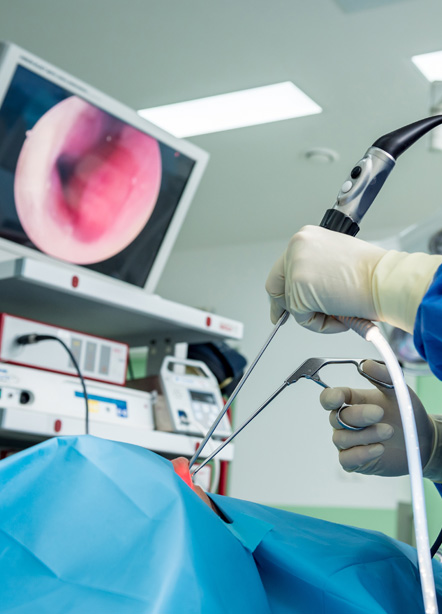
Cancer that occurs in the cells of the esophagus is termed as esophageal cancer. The esophagus is an important part of the digestive system that assists in the transport of food from the mouth to the stomach. Males are at increased risk of esophageal cancer compared to females. Cancer in the esophagus generally initiates in the cells that line the esophagus. Early symptoms of esophageal cancer include difficulty swallowing and hoarseness. Some geographical areas have an increased risk of esophageal cancer due to increased tobacco use, alcohol consumption, or obesity. Unfortunately, most people with esophageal cancer do not experience symptoms until the disease progresses to the advanced stage.
Although the exact cause of esophageal cancer is still not known, there are certain risk factors that increase the likelihood of causing esophageal cancer.
As with most cancer types, occurrence of mutations or damage to the DNA (Deoxyribonucleic acid; genes) in cells which leads to cancer is said to be one of the causes, though the exact reason as to why normal cells become cancerous is still not known.
It’s only a very small number of esophageal cancers that are caused by inherited gene mutations. Apart from such inherited mutations, acquired gene mutations are largely responsible for causing the condition. Such mutations happen during a person’s lifetime and are not passed on to their children.
Other than that, genetic and environmental factors too play a crucial role in the development of esophageal cancer in certain people. This includes excessive use of tobacco or alcohol as it causes squamous cell cancer of the esophagus. And when both are consumed together, the risk of this type of cancer increases.
Smoking increases the risk of adenocarcinoma as well.
Life does not stop when cancer strikes.
We are with you in this fight to win over cancer. We are here to give you the strength to recover through a comprehensive cancer care program.
